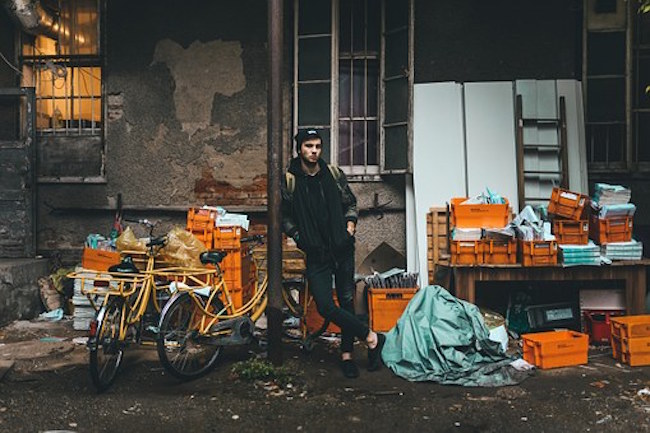Scavenging: It’s Not Just When the Collapse Happens. It’s Already a Way of Life for Many. by Fabian Ommar for The Organic Prepper
Author of The ULTIMATE Survival Gear Handbook and Street Survivalism
Here’s a fun fact. Approximately one percent of the urban population in developing countries makes their living from scavenging. And more than 15 million people get their income from waste picking worldwide. Scavenging is a multi-billion dollar industry and a way of living for many, even in wealthy nations.
It’s also one of the oldest economic activities known because living is consuming. Therefore we produce waste simply by existing. The type and amount of waste generated are constantly changing. The more wealthy and urbanized a society becomes, the more waste it will produce. A lot of folks think of scavenging as an activity that only happens after the SHTF, but it’s a way of life for many on the planet.
Waste management is crucial. Most people are just content to have their trash magically disappearing from the front of their houses every day and give this no second thought. I suspect society, in general, would be a lot more discerning and restrained (and respectful) about consumption habits if a more significant number of people became more aware of this process and its implications, but I digress.
What’s happening out there
Judging from what I have seen, the numbers above have grown rapidly since 2020. The social agents I speak with corroborate. The news is bad but still doesn’t show an accurate picture.
Tents are everywhere.
I’ve been meeting a lot more families that lost jobs, income, and homes. They are now in the streets and are scavenging their way to survive. Most people I spoke with admit they never thought they’d come to this, but insist that thinking like that is a mistake. It can and does happen anywhere, to anyone. Also relevant, it affects everyone, not only those who get evicted. This situation has developments that will impact the entire society.
I confess that despite forecasting a more severe slump since 2008, I always hoped we’d never come to this point and for so many. But now it seems that it won’t stop there and get worse before it turns again, unfortunately.
Why and how scavenging connects to prepping and survival?
When resources become scarce, people look everywhere for stuff. We naturally go from the easiest to the hardest when it comes to getting what we want or need. In other words, we start shopping at the nearest grocery store and end up scavenging as the situation worsens.
People scavenge for food to eat, for clothing to wear, and for appliances to use. Many make their living from collecting and selling scrap and recyclables. Scavenging takes place everywhere and at all times but grows exponentially during a crisis or some other SHTF. So, yes, it’s genuinely a survival activity.
“One man’s trash is another man’s treasure.”
A lot of still-in-good-condition and usable stuff gets discarded all the time. Some of the stuff thrown away would be viewed as pure gold by the have-nots. Scavenging is a productive way for urban preppers to acquire items that can be used, recycled, repurposed, or sold.
Most people don’t even want to think about it
Understandably so: scavenging deals around trash and waste, and no one likes that. We instinctively know it’s unhealthy. But mostly, it’s seen as unpleasant and somehow detached and far from their reality. And yet, it’s so close at the same time.
So, there are serious mental and social barriers right there. I advocate thinking in different terms. Scavenging is a last resort, yet a legitimate and dignified activity, in my opinion – especially when compared to the option taken by many (crime, in case it isn’t clear). It’s hard and brings some risks, but it can come useful during difficult times.




